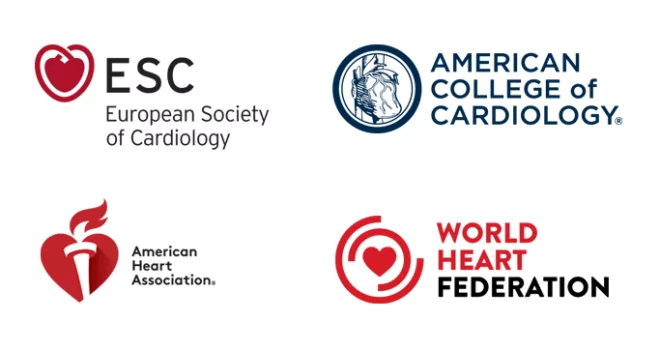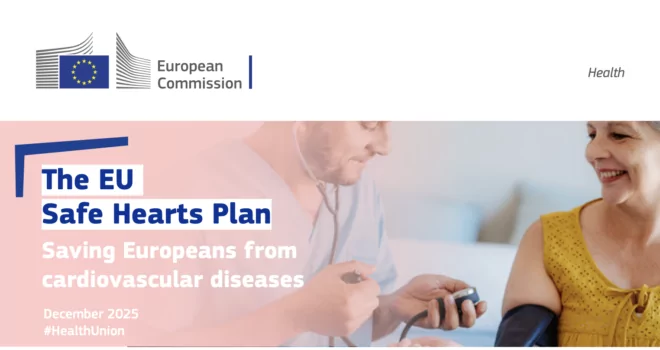Oral hygiene contributes to a healthy heart
- Severe gum disease increases risk of heart attack and stroke
- Periodontal treatment reduces inflammation and other factors leading to hardening of arteries
Madrid, Spain, 19 February 2019. Proper oral hygiene and regular visits to the dentist can support cardiovascular health. This, in a nutshell, is what dental and heart experts agreed today at a joint workshop in Madrid. Representatives from the European Federation of Periodontology (EFP) and the World Heart Federation (WHF) reviewed the evidence linking cardiovascular diseases and gum disease (periodontitis) to prepare joint recommendations for health professionals and patients.
“Both periodontitis and cardiovascular disease affect many people worldwide. Determining the importance of periodontal disease prevention and therapy as a means to reduce cardiovascular risk can have significant public health and economic implications,” said Prof Mariano Sanz, EFP Chair of the event.
Prof Pablo Perel, WHF senior science adviser, said: “More awareness is needed of the link between oral health and cardiovascular disease. The Perio & Cardio workshop has provided evidence-based recommendations in relation to cardiovascular health and periodontology. Since cardiovascular disease is the first cause of death in the world, reducing risk factors that contribute to heart disease is of utmost importance.”
Cardiovascular diseases (CVDs) are the number one cause of death globally, while severe periodontitis is the sixth most common chronic condition. Evidence suggests that patients with severe gum disease are at greater risk of heart attack and stroke, particularly if they have had a previous cardiovascular event. Bacteria in the mouth can move into the circulatory system and promote inflammation and hardening of the arteries (atherosclerosis). Periodontitis and heart disease also share common risk factors including smoking, alcohol consumption, age and diabetes.
Workshop participants discussed four key areas:
• Epidemiological evidence linking periodontitis and CVDs;
• Biological mechanisms for the increased risk of atherosclerosis in patients with periodontitis;
• The effect of periodontal treatment on the risk of atherosclerosis;
• The potential cardiovascular risks of oral interventions.
“Cardiologists should be aware of the connection between gum disease and heart disease and encourage their patients to be screened for periodontitis and pursue good oral hygiene because it will improve cardiovascular outcomes,” explained Dr Alvaro Marco Del Castillo, WHF Co Chair of Working Group 1.
Prof José Ramón González Juanatey, WHF Co Chair of Working Group 2, which looked at the effect of periodontal treatment on the risk of atherosclerosis, said: “More research is needed
about the effect of dental treatment in patients with CVD, but current evidence suggests that the progression of CVD may be influenced by good oral hygiene and successful periodontal treatment.”
“Patients with periodontitis should be advised that they have a higher risk of heart disease and should manage their CVD risk factors. Regarding potential cardiovascular risks of periodontal
treatment, available research indicates that periodontal treatment is safe for cardiac patients,” said Prof Søren Jepsen, EFP Co Chair of Working Group 2.
Prof Sanz concluded: “The Perio & Cardio workshop achieved its objectives by arriving at a consensus. It also pinpointed areas where more research is needed such as clinical trials using hard cardiovascular outcomes and further studies to understand the mechanisms by which oral bacteria may cause damage to cardiovascular tissues.”
Regarding the next steps, Prof Sanz explained: “The EFP and WHF recommendations will be published in the Journal of Clinical Periodontology and a project will be developed to create awareness about the essential role of oral health in reducing the risk of heart disease.”


